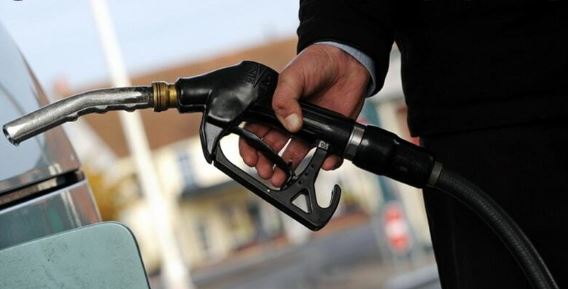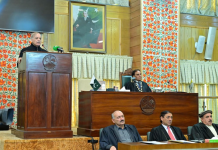ISLAMABAD: The national kitty will take a Rs40 billion hit in the next two weeks as the government has kept the prices of subsidised petroleum products unchanged for a fortnight up to May 15.
However, sources in the government said oil prices were likely to be raised for the second fortnight of May, not only to offset growing price differential claims (PDCs) to oil companies but also to meet International Monetary Fund conditions.
In a statement on Saturday, the finance ministry said the premier had issued directions to keep petroleum prices unchanged to avoid burdening citizens.
“In the fortnightly review of petroleum products’ prices, the prime minister has rejected the proposal of Ogra [the Oil and Gas Regulatory Authority] for an increase in prices of petroleum products,” the finance ministry said.
As a result, the per-litre price of petrol will remain Rs149.86, high-speed diesel Rs144.15, kerosene Rs125.56, and light diesel oil Rs118.31.
With this decision, another Rs40bn has been added to the PDC to be paid by the government to oil companies. The bulk of these claims will go to state-owned Pakistan State Oil (PSO).
Sources in the petroleum division said the tentative amount PDC stood at Rs76bn for April and Rs31.3bn for March. The total impact of the subsidy would be around Rs90bn for May if the government kept oil prices unchanged during the month, they said.
Keeping the fuel subsidy intact “will not only burden the national kitty but also affect oil companies’ financials, especially those of the PSO, because government’s releases for the PDC are always delayed,” a senior official of the petroleum division said.
The officials added that the total impact of PDC since March had been estimated at Rs200bn, whereas the government had so far released Rs71.3bn as price differential claims to oil companies, particularly national and multinational private firms.
On the other hand, if the government abolishes the current price differential claims of subsidy on oil products, the price of diesel could rise to Rs216.48 per litre and that of petrol to Rs180.17 per litre.
But that may damage the overall economy, as diesel is widely used as commercial fuel in transport and agriculture sectors and even operating large generators amid power outages across the country. Therefore, an increase in diesel prices will stoke up inflation.
An expensive diesel will also make the wheat harvest costly, as tractors running on the fuel operate thrashers and transport the produce to its destinations.
Similarly, high petrol prices will have a greater impact on urban dwellers, particularly when its alternative, CNG, is not available in the country.

















